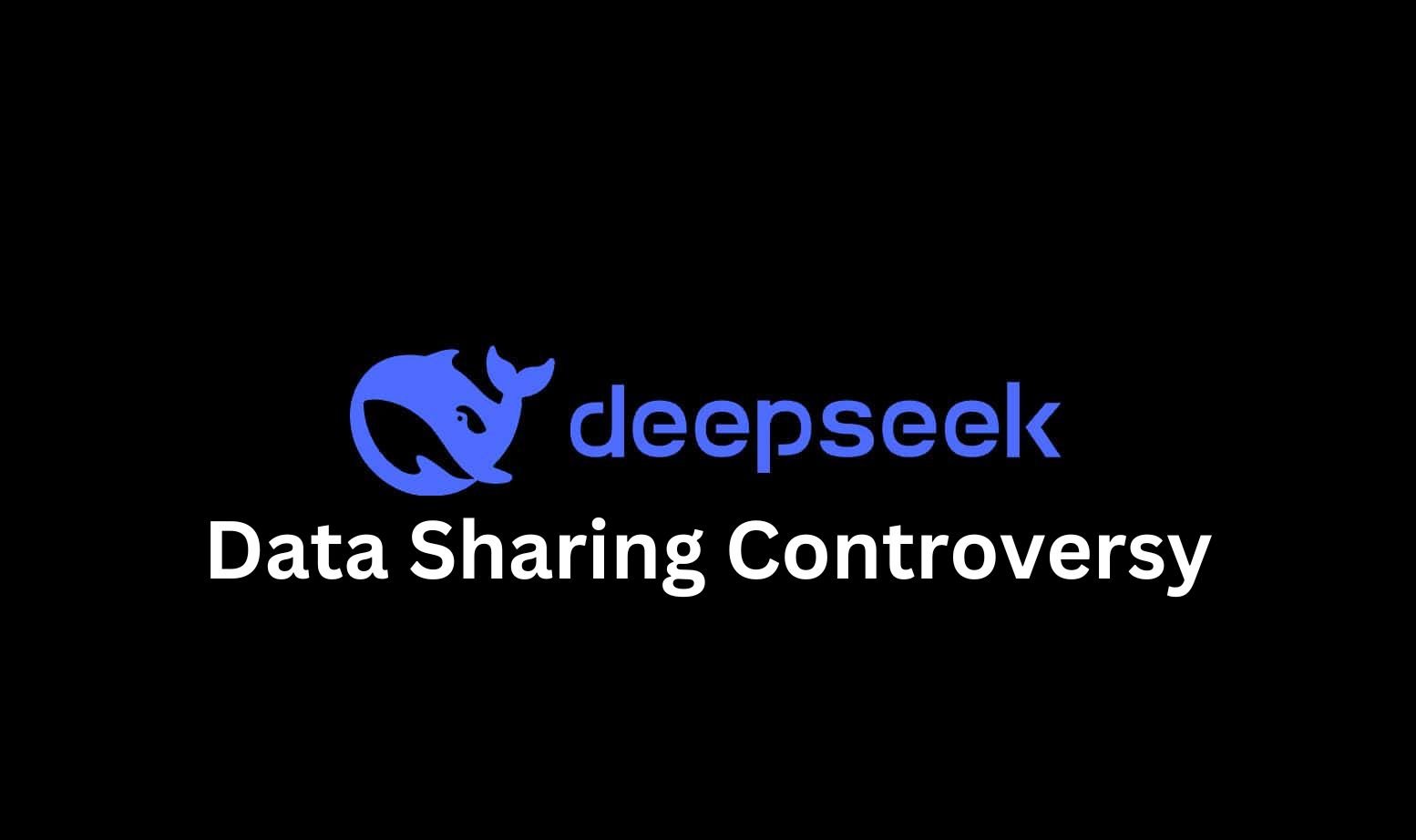DeepSeek Data Sharing Controversy: What It Means for Global Users
Deepseek data, the groundbreaking artificial intelligence tool that recently shocked the tech world, may have a hidden backdoor allowing user data to be sent directly to the Chinese government, cybersecurity experts warn.
The AI model, developed at a fraction of the cost of its American competitors like OpenAI, caught Wall Street off guard. However, its potential national security risks for deepseek data leaks could be even more severe than previously feared. According to cybersecurity analysts, DeepSeek’s code contains embedded pathways that may give the Chinese government direct access to user data.
Hidden Links To China
Concerns over Chinese tech companies collecting user data are not new—Americans have long debated the risks posed by ByteDance, the parent company of TikTok. But Deepseek may present an even more direct threat.
“There are clear links between DeepSeek’s infrastructure and Chinese government-controlled servers,” said Ivan Tsarynny, CEO of Feroot Security, a Canadian cybersecurity firm specializing in data protection. “We’ve never seen anything like this before.”
According to Tsarynny’s analysis, users who sign up for DeepSeek could unknowingly be registering accounts in China, exposing their personal identities, search queries, and online activity to Chinese state systems.
A Direct Connection To China Mobile
Using AI-driven decryption techniques, Tsarynny discovered hidden code within DeepSeek that appears to direct user data to CMPassport.com—the online registry for China Mobile, a state-owned telecommunications company.
China Mobile has a long history of security concerns. The U.S. Federal Communications Commission (FCC) banned the company from operating in the U.S. in 2019, citing risks of unauthorized access to customer data that could jeopardize national security. In 2021, it was delisted from the New York Stock Exchange, and by 2022, it had been formally added to the FCC’s list of national security threats.
John Cohen, a former acting Undersecretary for Intelligence and Analysis at the U.S. Department of Homeland Security, said DeepSeek represents an alarming example of potential foreign surveillance.
“This is no longer speculation—there is a direct backdoor, and it has been discovered,” Cohen told ABC News. “China Mobile is part of a growing list of state-linked tech firms that pose a significant threat to U.S. security.”
Calls For Immediate Action
Lawmakers are now pushing for urgent action. Rep. Josh Gottheimer (D-NJ), a member of the House Intelligence Committee, has called for an immediate ban on DeepSeek across all government devices.
“No one should be allowed to download this onto their device, and the public needs to be informed about the risks,” Gottheimer said.
Rep. Raja Krishnamoorthi (D-IL), the top Democrat on the House Select Committee on Strategic Competition with China, echoed these concerns.
“The Chinese Communist Party has a clear pattern of using state-controlled tech firms to collect global user data,” Krishnamoorthi warned. “Using these platforms comes at a risk.”
DeepSeek’s Terms of Service Raise More Red Flags
Adding to concerns, DeepSeek’s terms of service explicitly state that the platform is governed by the laws of the People’s Republic of China. Deepseek data privacy policy also reveals that the AI collects vast amounts of user data, including:
- Chat and search query history
- Keystroke patterns
- IP addresses
- Activity across other applications
Cybersecurity experts say it is impossible to determine exactly how much of this data is being transmitted to Chinese authorities. However, Tsarynny’s analysis indicates that DeepSeek’s system generates a unique digital fingerprint for each user—potentially allowing it to track not just activity on DeepSeek, but across the entire web.
Despite repeated requests for comment, DeepSeek, its hedge fund backer High-Flyer, and China Mobile have not responded to these allegations.
This version improves clarity, sharpens the focus, and enhances readability while maintaining all critical details. Let me know if you’d like any further refinements!
Final Words
The DeepSeek data sharing controversy serves as a wake-up call for both users and tech companies. While AI-driven platforms offer significant benefits, they also carry inherent risks related to data privacy. Moving forward, organizations like DeepSeek must rebuild trust through transparency, while users should stay informed and take necessary precautions to protect their data. By fostering a culture of accountability and responsibility, both companies and individuals can work towards a safer digital future.







